By Guan Na
(ECNS) –Recent actions by the U.S. and the Philippines regarding the South China Sea, including the potential U.S. sale of 20 F-16 fighter jets to the Philippines in early April, joint military exercises between the two nations, and Google Maps' unlawful labeling of part of the South China Sea waters, have drawn widespread attention from the international community.
Zhang Qiyue, assistant to the director and assistant research fellow at the Institute of Global Governance, Shanghai Institutes for International Studies, stated in an interview with China News Network that by colluding with the Philippines to provoke tensions in the South China Sea, the U.S. aims to maintain military hegemony in the Asia-Pacific region while serving the economic interests of the U.S. military-industrial complex.
"Tech firms reduced to tools of geopolitics"
Google Maps recently labeled part of the western Philippine archipelago as the "West Philippine Sea" instead of the internationally recognized "South China Sea," sparking public concern.
Zhang pointed out that Google Maps' latest move shows that a technology company is getting deeply involved in territorial sovereignty and maritime disputes,failing to maintain its due neutrality in political positions and technology,and beginning to degenerate into a tool of international politics.
For a long time, the name of "South China Sea" has been widely accepted by the international community. Google Maps' move to change the name, will by no means change the fact that China has indisputable sovereignty over the Nanhai Zhudao (South China Sea islands) and the adjacent waters where it has sovereign rights and jurisdiction over relevant waters, she said.
Google provided no explanation for the change when responding to media inquiries, merely downplaying the issue by stating that it wants to make this label more visible at additional zoom levels.
From the perspective of a technology company, Google's move involves complex political factors and interest considerations, Zhang explained.
"It aims to align with the U.S.'s geopolitical strategy in the South China Sea and even the broader Asia-Pacific region," she said, adding that as a commercial entity, Google has now taken actions driven by economic interests.
Zhang further pointed out that Google Maps' move seriously violates international practice and known facts.
"It is simply not conducive to the international standardization of geographical names, misleading the public, and undermining the peace and stability in that region and the international community as a whole, too," Zhang said.
Google's move coincides with the U.S.' indiscriminate imposition of global tariff measures.
In Zhang's view, the this action reflects a degree of coordination between the U.S. economic strategy and geopolitical maneuvers targeting China, underscoring between the U.S. and the Philippines, as they seek to advance their so-called "common interests", in an attempt to stir up troubles in the South China Sea.
U.S.-Philippines collusion in South China Sea: What's the truth?
In recent years, the U.S. has been steadily deepening military ties with the Philippines by providing arms and technological assistance, sharing military facilities, and conducting joint patrols and exercises in the South China Sea.
She said that the recent collaboration between the U.S. and the Philippines in the South China Sea has exposed their respective strategic intentions.
"For the U.S., it seeks to strengthen its influence in the South China Sea and the broader Asia-Pacific region, consolidate its global strategic posture, and contain China's development and rise," she said.
The U.S. plans to sell large quantities of overpriced weapons to the Philippines, driven by a deep-seated strategic intention to maintain military hegemony in the Asia-Pacific region while serving the economic interests of the U.S. military-industrial complex, Zhang explained.
The Philippines, by cooperating with U.S. military deployments, hopes to obtain more external support, especially economic and military assistance from the U.S., "to strengthen its illegal of maritime claims in the South China Sea and enhance its influence in the international community," she said.
"In this regard, China has the right to ask the U.S. and the Philippines to exercise self-restraint. This is also a key requirement for implementing the Declaration on the Conduct of Parties in the South China Sea (DOC) and for promoting consultations on the Code of Conduct in the South China Sea (COC)."
Chinese foreign ministry spokesperson Guo Jiakun said on April 28 that China has made clear more than once its position on military and security cooperation between the Philippines and the U.S. Defense or security cooperation between the Philippines and other countries should not target any third party or harm their interests, still less threaten regional peace and security or escalate tensions in the region.
"Who exactly is fueling the flames? Who exactly is instigating military confrontation? Who exactly is turning Asia into a ‘powder keg?' Regional countries are not blind," the spokesperson added.








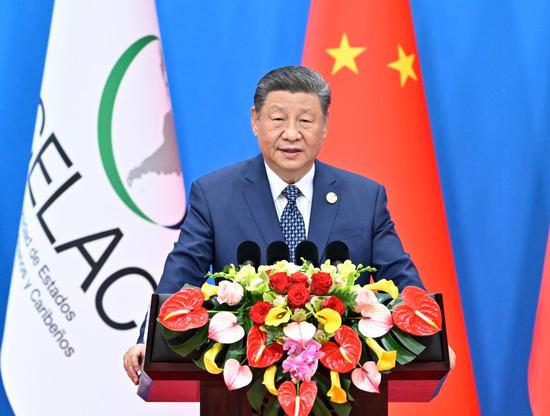
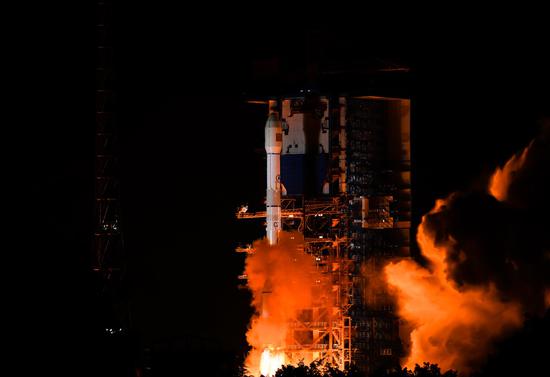
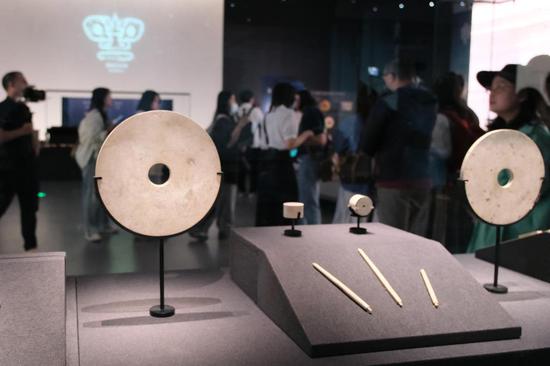


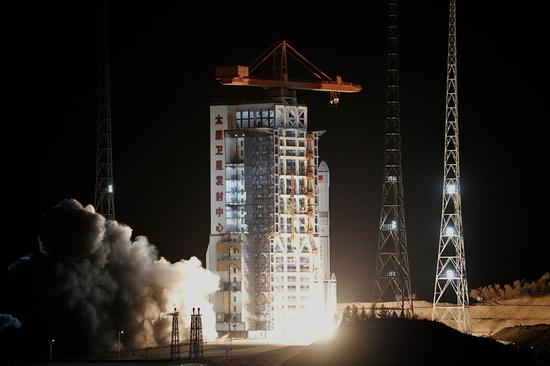



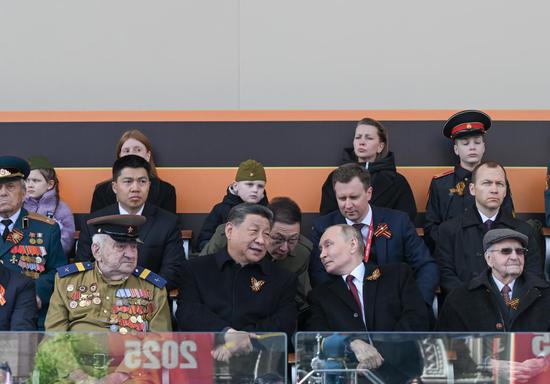



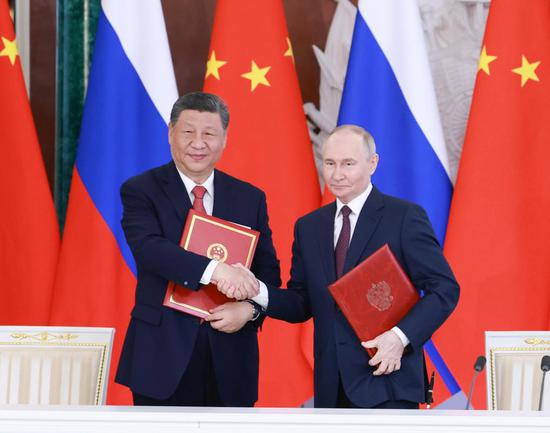

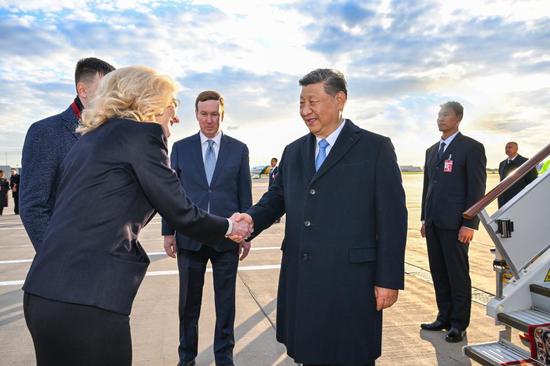











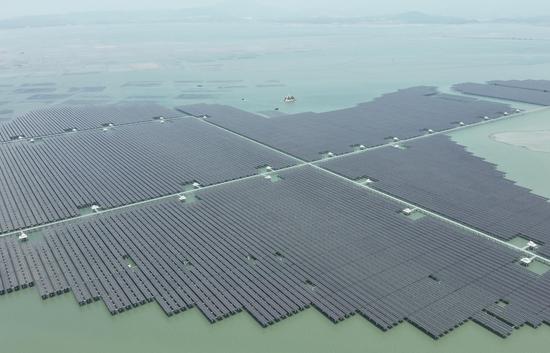
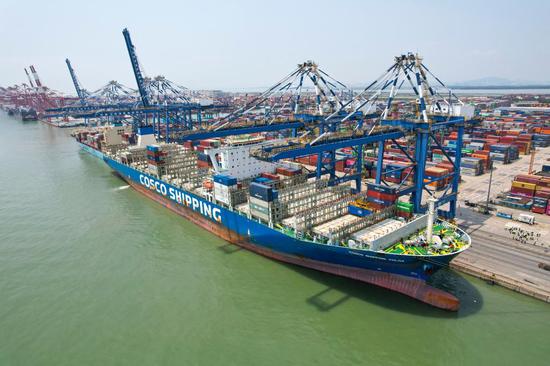













 京公網安備 11010202009201號
京公網安備 11010202009201號